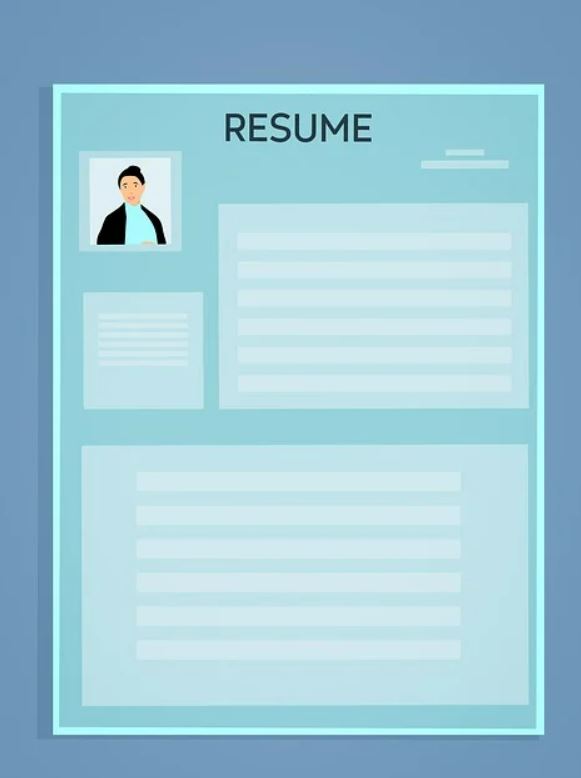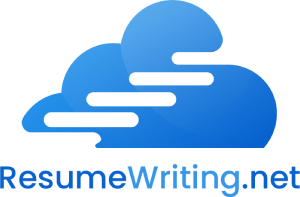Your resume serves as your personal marketing tool, the first impression that potential employers have of you. Crafting a standout resume and knowing what to put on a resume is crucial to grabbing the attention of recruiters and securing the job you desire. Whether you’re a recent graduate or a seasoned professional looking to make a career change, knowing what to put on your resume can make all the difference.
Here are the top 10 essential elements that can help you create a compelling resume.

- Contact Information
The header of your resume should prominently display your contact information. Include your full name, phone number, professional email address, and LinkedIn profile. Ensure that your email address is polished and reflects a professional image. Additionally, consider adding a link to your personal website or portfolio if relevant to your industry. - Professional Summary
Kickstart your resume writing with a concise professional summary that highlights your skills, experience, and career goals. This section serves as a snapshot of your qualifications, providing employers with a quick overview of what you bring to the table. Tailor this summary to align with the specific job you’re applying for, emphasizing the skills and experiences most relevant to the position. - Work Experience
The heart of your resume lies in the work experience section. Detail your professional history in reverse chronological order, starting with your most recent position. For each job, include the company name, your job title, dates of employment, and a brief description of your responsibilities and achievements. Use action verbs and quantify your accomplishments whenever possible to demonstrate your impact and contributions. - Skills
Create a dedicated section to showcase your skills. This can include technical skills, soft skills, and any certifications or qualifications relevant to the job. Be specific and avoid generic terms. If you possess industry-specific software proficiency or language fluency, make sure to highlight these skills to stand out from other applicants. - Education
List your educational background in a clear and organized manner. Include the name of the institution, degree earned, major (if applicable), graduation date, and any academic honors or relevant coursework. If you’re a recent graduate or have limited work experience, place greater emphasis on your education to demonstrate your qualifications. - Achievements and Awards
If you’ve received any awards or recognition for your work, create a separate section to showcase these accomplishments. Whether it’s employee of the month, sales performance awards, or academic honors, highlighting your achievements reinforces your value and dedication. - Projects
If you’ve worked on notable projects or initiatives, consider creating a separate section to detail your contributions. Outline the project scope, your role, and the outcomes achieved. This can provide employers with a more comprehensive understanding of your skills and abilities beyond day-to-day responsibilities. - Volunteer Experience
Don’t underestimate the importance of volunteer work. If you’ve dedicated time to community service or participated in volunteer projects, include this information on your resume. It demonstrates your commitment to social responsibility and can showcase valuable skills and experiences. - Professional Memberships and Associations
If you are a member of any relevant professional organizations, include this information on your resume. This demonstrates your commitment to staying current in your field and participating in the broader professional community. - Tailor Your Resume for Each Job Application
Customize your resume for each job application by aligning it with the specific requirements of the position. Use keywords from the job description to ensure that your resume passes through applicant tracking systems (ATS) and resonates with hiring managers. A tailored resume increases your chances of making it past the initial screening and landing an interview.
Creating a standout resume requires thoughtful consideration of the essential elements that showcase your qualifications and set you apart from other candidates and it’s also important to consider how long a resume should be . By including relevant contact information, a compelling professional summary, detailed work experience, a skills section, and other relevant details, you can present a comprehensive and impressive picture of your professional self. Tailoring your resume for each application demonstrates your commitment and increases your chances of success in the competitive job market. Remember, your resume is your ticket to the interview, so invest the time and effort to make it truly shine.

